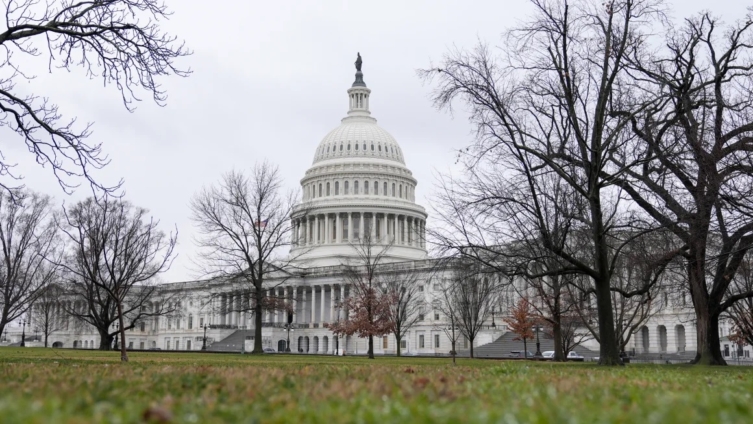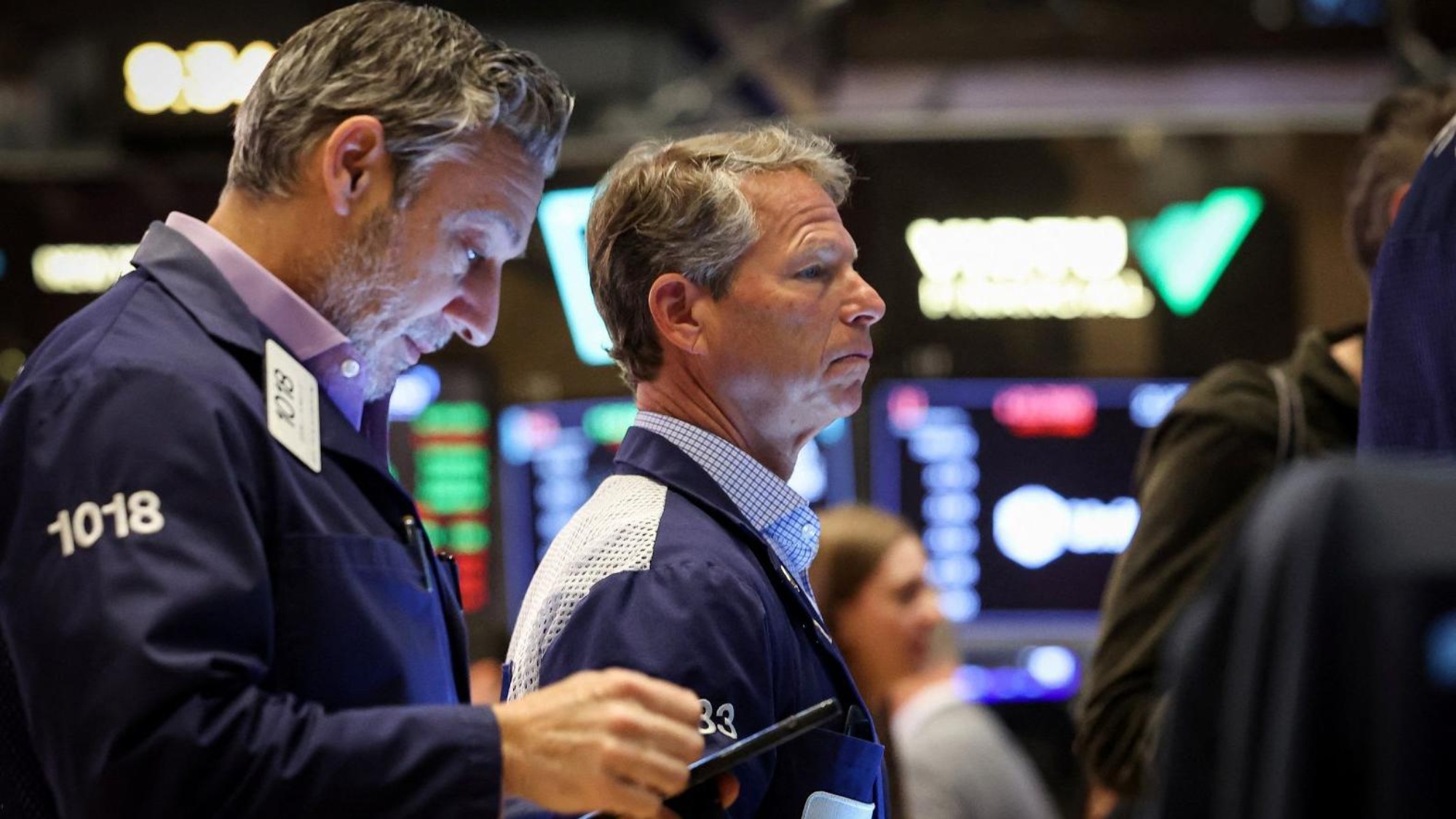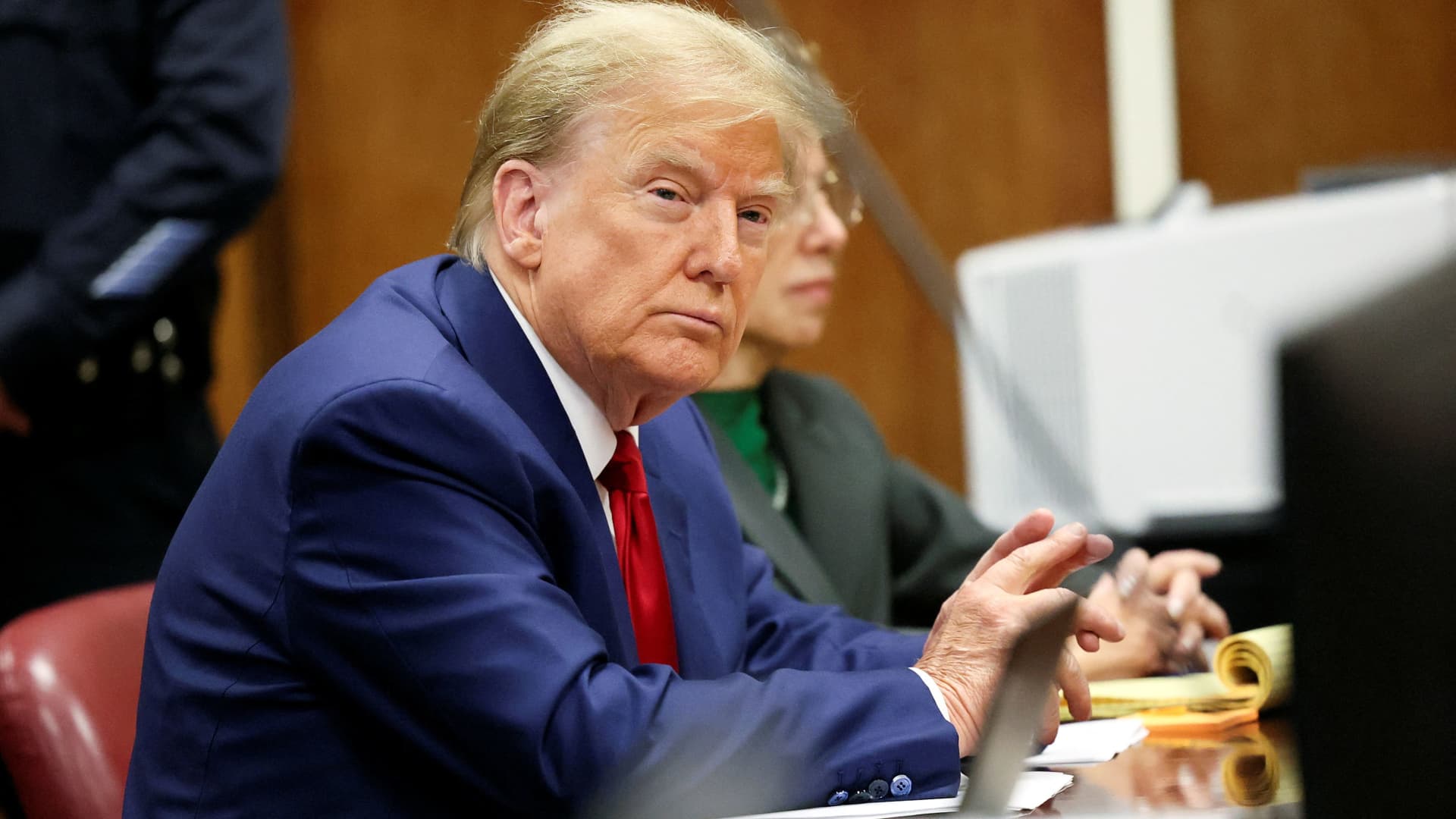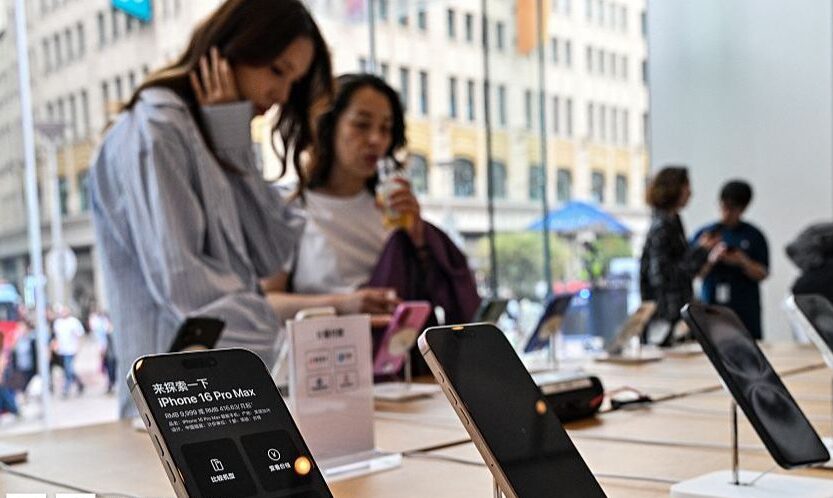President Donald Trump has recently moderated his stance toward both China and Federal Reserve Chair Jerome Powell, signaling a more conciliatory approach as he advances his economic agenda.
After repeatedly criticizing Powell, Trump stated Tuesday that he has "no intention of firing" him but urged the Fed to be "a little more active" in cutting interest rates to make borrowing cheaper for Americans.
Speaking from the Oval Office, Trump expressed optimism about U.S.-China trade relations, suggesting tariffs on Chinese goods could "come down substantially, but it won't be zero." His administration has raised tariffs on some Chinese imports to as much as 145%, moves aimed at bringing jobs back to the U.S. but which have drawn retaliatory tariffs from Beijing and warnings from economists about a looming global slowdown.
Despite his harsh rhetoric in recent weeks, including calling Powell "a major loser", Trump struck a more diplomatic tone on Tuesday, saying he would be "very nice" in upcoming trade talks with China. Treasury Secretary Scott Bessent also signaled hopes for de-escalation, calling the trade war "unsustainable.
Markets responded positively. The S&P 500 rose 2.5% and the Nasdaq gained 2.7% on Tuesday. Asian markets followed suit, with Japan's Nikkei 225 and Hong Kong's Hang Seng climbing around 2%, although China's Shanghai Composite remained mostly flat.
Investors have been nervous that Trump’s pressure on the Fed could stoke inflation, especially with tariffs already driving prices up. The International Monetary Fund downgraded its forecast for U.S. economic growth this year, citing trade uncertainty.
While Trump continues to push aggressive tariffs, some potentially reaching 245% with new measures, China has retaliated with its own tariffs of up to 125%, promising to "fight to the end." Beijing has not officially responded to Trump’s latest remarks, though Chinese media suggested the U.S. is beginning to understand the economic damage caused by the trade war.





.jpg)




.jpg)